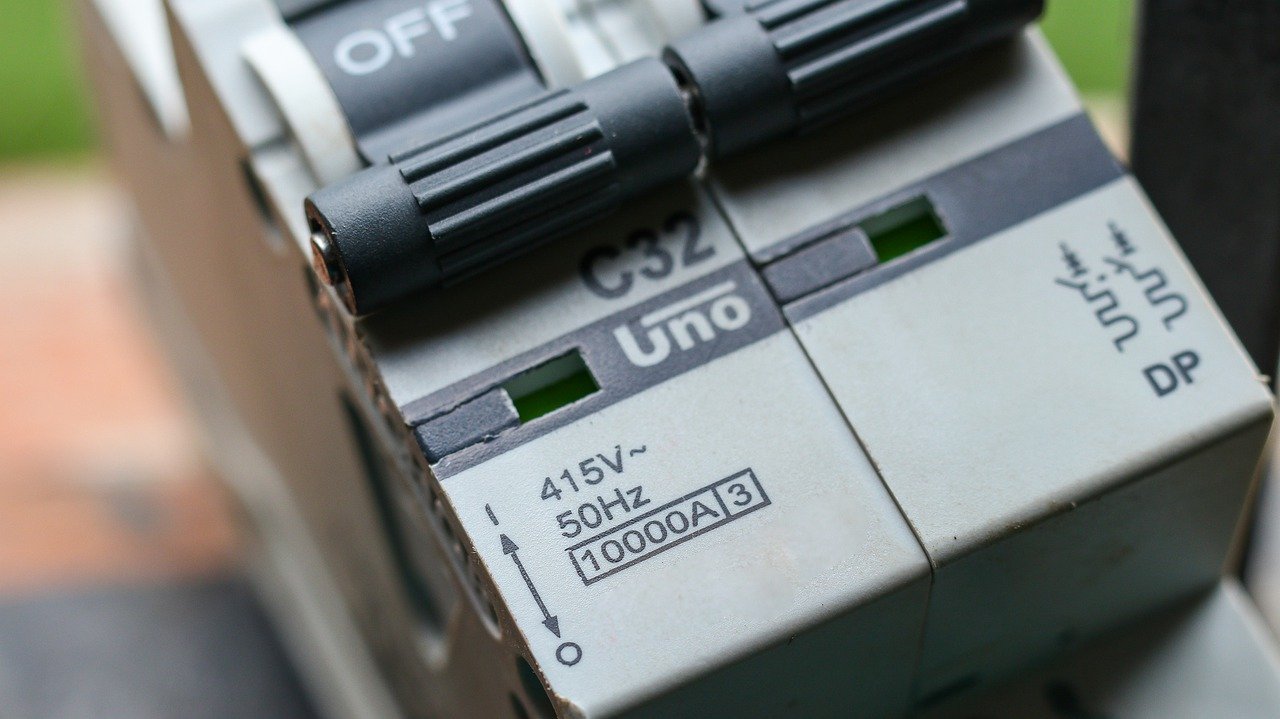Miniature Circuit Breakers offer a welcome change from the old fuse based circuit protection. MCBs are essentially electromagnetic switches within a circuit. When the flow of electricity exceeds a certain limit, the switch flips and opens the circuit. Hence barring the flow of electricity.
MCBs trip because of faults in the circuit
In an electrical circuit faults are responsible for causing damage to the circuit. MCBs are devices that prevent such damage by breaking the flow of current and shutting down the connection. There are two main types of faults,
Overload: When a connection starts drawing more power than its rating, it means the system has overloaded. For example, if a 6A socket is drawing 10A power then its an overload. It usually happens when you connect an appliance that needs more power than what the circuit is designed to offer.
Short Circuit: When an extremely low resistance path gets created due to accidental connection between two conductors, it leads to a sudden increase in current to its peak flow and the voltage gets minimised. Such situation is referred to as a short circuit.
An MCB offers protection from both overload and short circuit situations. MCBs include bimetal & solenoid coils which trip the connection.
Different types of MCBs
There are three main types of MCBs that are used in our homes and offices. The main difference is the amount of resistance they offer in terms of delay in breaking the circuit when overload or short circuit protection is needed.
B-Curve: These MCBs usually have a lower trip zone offering use for resistive/lighting loads such as lights, heaters etc.
C-Curve: These MCBs come with a higher trip zone which is useful for inductive and motor loads such as air conditioners, refrigerators etc.
D-Curve: These MCBs have very high trip zone and are used for appliances which have very high base load requirements such as sodium lamps.
How to avoid frequent MCB tripping
Here are some things that you can do to keep MCBs from tripping frequently and causing disruption to your home and work life.
- Limit the use of multi-plug sockets and extension cords.
- Replace/repair broken electrical circuits, devices and appliances. Malfunctioning switches and sockets can also cause short circuits and lead to MCB trips.
- Remember to unplug electrical devices when they are not in use.
- Keep a count of high-power devices in use at any given time, especially when you have a residential electricity connection.
In conclusion, we would like to point out a rather important fact that MCBs not only protect your appliances and gadgets but also stop damage to the wiring and electrical setup of your home and office. So, when an MCB trips, there might be a serious cause behind it and we advise careful inspection of the reasons before flipping back the connection. If you are not sure about the reasons for fails, call in professional help to look up the issue.
Looking for circuit protection devices for your home? Browse our complete range of MCBs for home and commercial use here.

